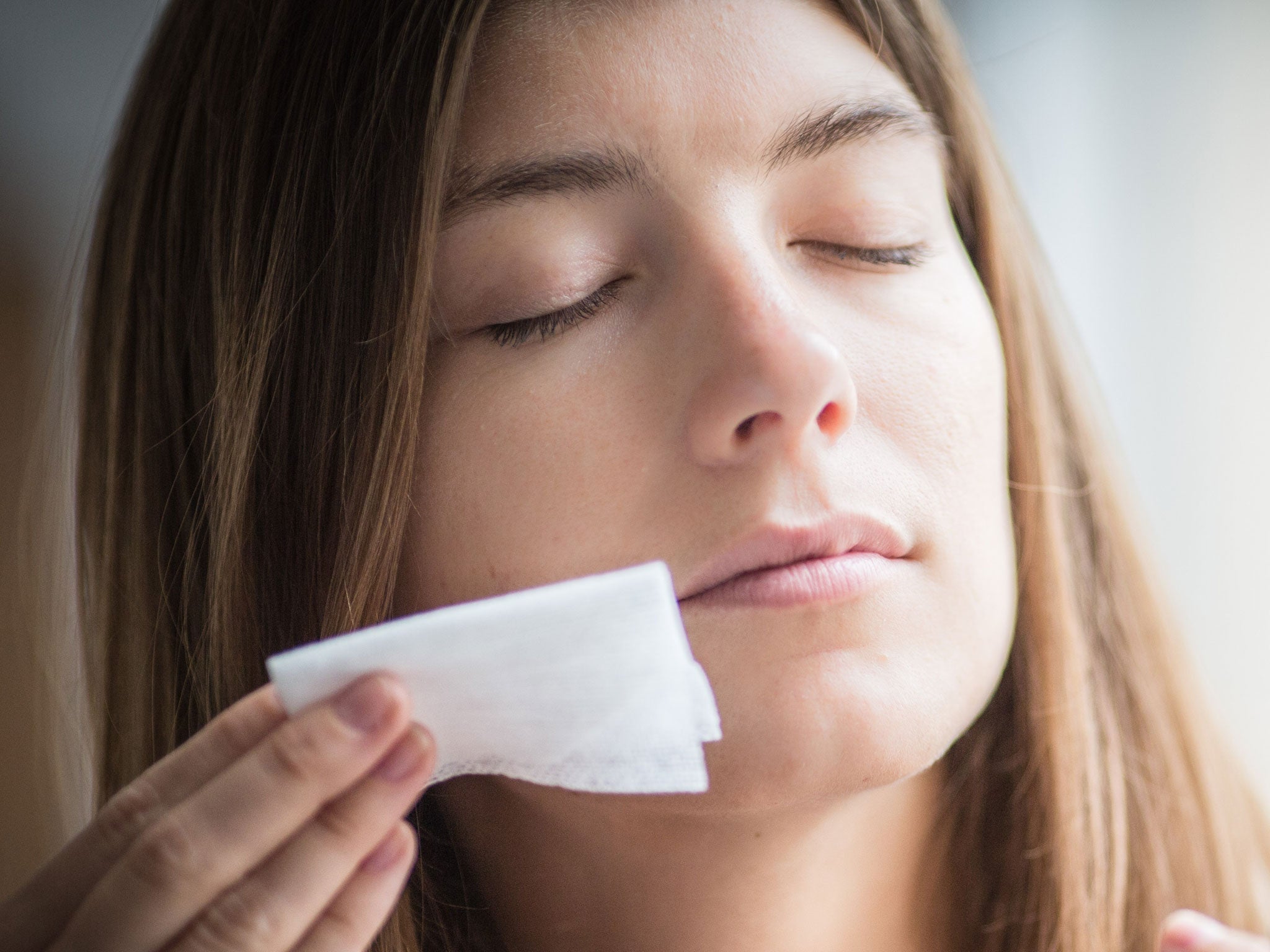Political ideologies have their own scents, according to study
People subconsciously prefer the smell of those who share their political attitudes, researchers found

Past research has highlighted the link between scent and sexual attraction – and a new study has suggested that people with similar political ideologies can also sniff out compatibility.
Researchers at Pennsylvania State University found that people subconsciously prefer the scent of those who share their political attitudes, Live Science reported.
However, the study, which was published in the American Journal of Political Science, was unable to pinpoint the types of smells that accompanied particular political views.
The researchers recruited 146 volunteers aged between 18 and 40 and asked them about their political beliefs.
They then asked 21 of these people, who had all described themselves as strongly liberal or strongly conservative, to wear gauze pads taped to their armpits for 24 hours. They were not allowed to wash, wear perfume or share a bed during this period.
Following this, the 125 other volunteers were asked to smell the gauze pads and rate their appeal on a scale of one to five. They were also asked to guess the political ideology affiliated with each odour.
People were unable to identify the political attitudes tied to each scent – but they did exhibit a preference for the gauze pads that came from those who shared their own ideologies.
“Conservatives liked the smell of conservatives, and liberals didn't like the smell of conservatives,” study researcher Pete Hatemi said.
However, conservatives were neutral about the scents of liberals and liberals were neutral about odours that came from other liberals.
The researchers conceded that the findings could not be accurately applied to real-life relationships, but said the results were less than 10 per cent likely to have occurred through chance alone.
“There is something about someone who is politically similar to you that is being put out there and you're receiving that, and that might just slightly change your position,” Hatemi said.
“It might make you a little more interested. It might make you just interested enough to stick around.”
Subscribe to Independent Premium to bookmark this article
Want to bookmark your favourite articles and stories to read or reference later? Start your Independent Premium subscription today.

Join our commenting forum
Join thought-provoking conversations, follow other Independent readers and see their replies